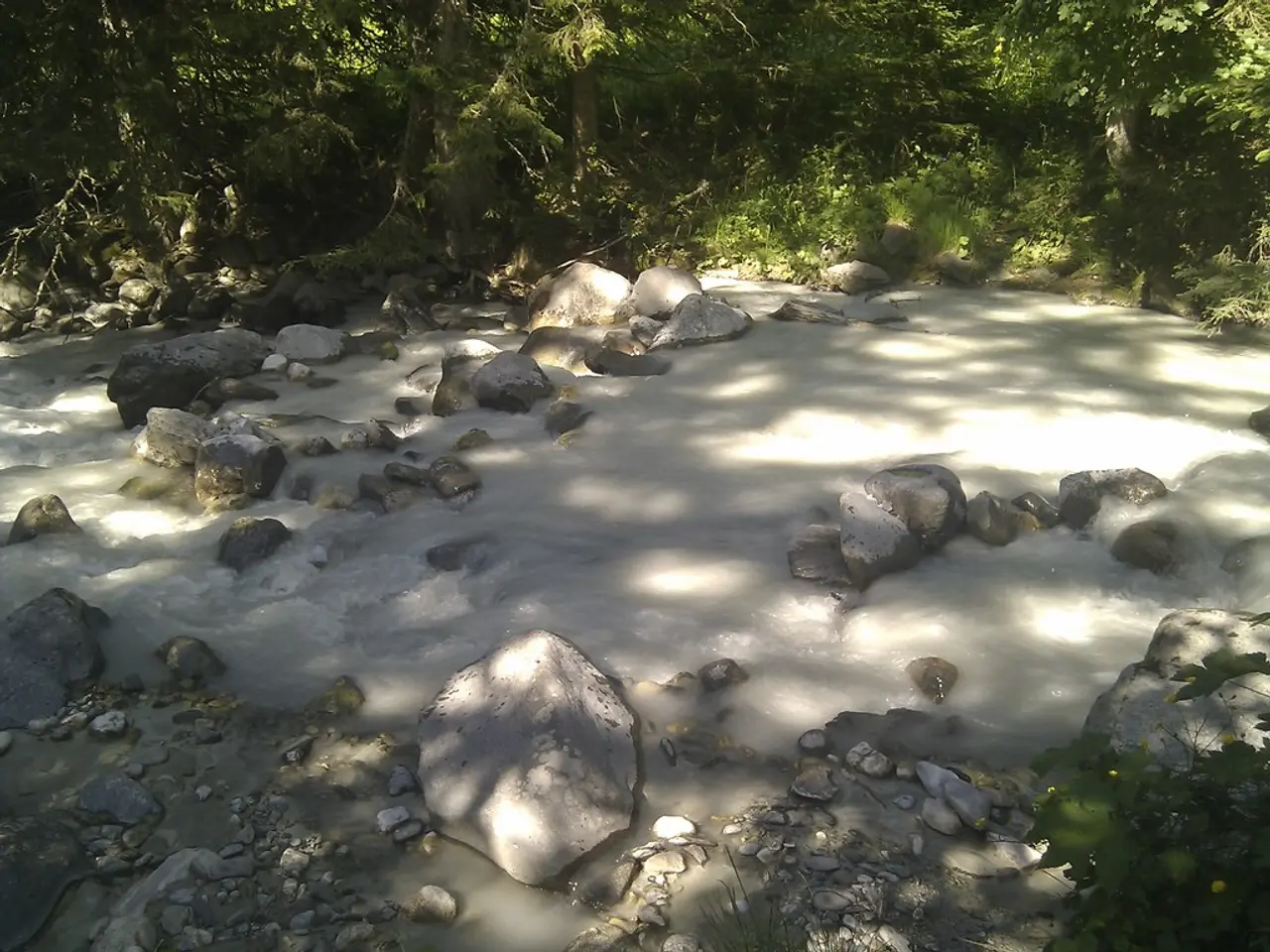EPA: Letting Coal Plants Pollute Could Cost More in Long Run
A new analysis by the Environmental Protection Agency (EPA) suggests that the long-term costs of letting coal power plants continue using outdated water pollution controls could outweigh any short-term savings. The study, whose authors remain unspecified, highlights the potential risks to drinking water sources and consumer wallets.
Coal power plants currently discharge wastewater containing harmful substances such as mercury, lead, cadmium, bromide, and nitrogen into drinking water sources. Among these, bromide is a significant contaminant present in coal plant wastewater discharges.
The Trump administration has proposed delaying an EPA rule aimed at reducing these wastewater emissions from coal power plants. The administration's goal is to lower American electric bills, but the EPA's analysis suggests that this approach may lead to higher costs in the long run.
The EPA's analysis indicates that allowing coal plants to continue using outdated water pollution controls could result in higher costs than initially expected. While the Trump administration seeks to lower electric bills through delayed regulations, the long-term environmental and financial implications remain a concern.
Read also:
- chaos unveiled on Clowning Street: week 63's antics from 'Two-Tier Keir' and his chaotic Labour Circus
- Racing ahead in Renewable Energy Dominance: Changzhou, Jiangsu Pushes for Worldwide Renewable Energy Ascendancy
- Colorado's Proposition 112: A 2,500-Foot Fracking Buffer on the Ballot
- Renault Group to Discuss Decarbonization and Circular Economy Strategies at ChangeNow 2023 Event







